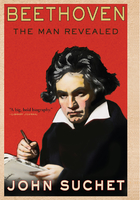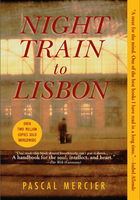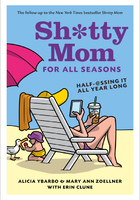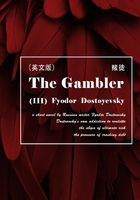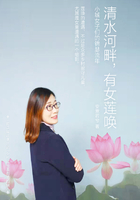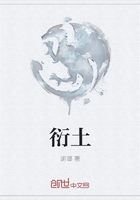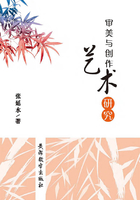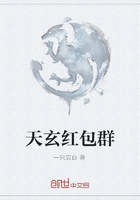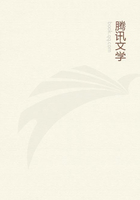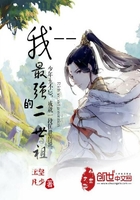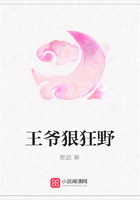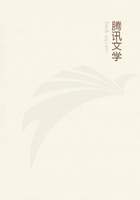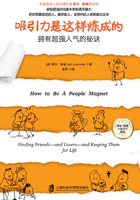This book is for people who want to make a bigger difference in their community, organization, or the world. It is for anyone who wants a better marriage or to improve career prospects. It is a book for all leaders or business owners who would like to help their people act more like owners. It is a book for anyone who believes in, or wants to believe in, the power of individuals to create change.
I began writing this book when I was ten years old. At the time, my television set was filled with images of people stepping up. All over the world, people were taking great personal risks to make the world a better place: African Americans withstood fire hoses in the streets of the South, peace activists sounded a warning call about the nuclear arms race, dissidents spoke out in totalitarian regimes, and women asserted their rights as equal citizens. I decided I wanted to become a journalist so I could tell the stories of those who made things better.
In my smaller personal world I listened with rapt attention to the sermons of the Reverend Robert Kelly at Calvary Presbyterian Church in New York City, challenging each of us to do what we could to combat racism and the ills of our day.
“The world is waiting for us to step up,” he admonished us. He noted that the need lay not just in the large issues of the day but in the “smaller world in which we live every day, where we can make a large difference in the lives of others.”
The stories of those who step up and make things better have always fascinated me. As human beings, we learn through stories, and it has been that way for thousands of years. We remember the stories long after we forget the lectures, which is why my life has been devoted to telling stories. In my books on corporate culture I tell the stories of great companies and leaders who inspired passion at work. In my book and television series The Five Secrets You Must Discover Before You Die I tell the stories of two hundred fifty people from age 60 to 106 who had been identified as having found true happiness. Through their stories I hoped to show the path to lasting fulfillment.
After I finished that book, which became a bestseller and was translated into over a dozen languages, it seemed to me that another story had yet to be told. Why do some people step up and make a bigger difference than others? What role does taking personal responsibility play in creating happiness and creating change? How can the stories of those who step up inform each of us about solving the great issues of our day, whether the issue is making better families, stopping bullying, making our marriages better, improving a company, or tackling the many societal issues we face?
It occurred to me that each case comes down to responsibility. The definition for stepping up in this book is simple: Stepping up is seeing a need and deciding YOU are the right person to do something about it. It is about doing what you can in your sphere of influence to create change, not looking to anyone else. The responsibility I speak of is not a wagging finger telling you to step up, but an empowering message of what happens when we stop worrying about what anyone else is doing and choose to do what we can do. Whether trying to change our family, our company, or the world, we are powerful only when we focus on what WE can do.
Because I believe we learn best through stories, my research for this book involved finding stories of people who had stepped up and created change. I did not want to tell stories we have all heard before nor find famous people to hear their tales. Instead, I set out to find stories that few of us know about that illustrate the incredible power to create change when we decide to act in our sphere of influence. I tried to find people whose stories of taking action were broad and instructive, rather than seek a scientific random sample of people who had stepped up. The stories range from a homeless man who started a recycling revolution and a shopkeeper in Italy who stood up to the Mafia to a group of nurses and housekeepers who helped transform the image of their hospital and a woman who turned a dying business into a profit center. Some were trying to save the world, some were trying to grow or improve their business, others just wanted to have a positive influence on the people around them, and some wanted better relationships.
The book has two main thrusts: the value of taking responsibility and how to step up. The first three chapters make the case for why taking responsibility matters. My intention is not to lecture you but to show how our lives, careers, relationships, organizations, and communities will be radically better if we start looking to ourselves to change things and stop looking to (or pointing at) someone else. The principle is simple but profound. When we decide to do what we can, where we are, instead of looking for others to do it, we feel more powerful and accomplish more. What's more, beyond our personal world most of the great problems of our day can be solved only by each of us deciding to take action in our sphere of power.
The second thrust of the book identifies the keys to stepping up and having more influence. Through the inspiring stories of individuals who stepped up to make things better, I hope to show you that stepping up is neither a great mystery nor reserved for a chosen few. By following the example of these people, we too can step up and make a difference in our relationships, our companies, and our communities. Finally, I show how we can create a culture for stepping up in a company, family, or society. At the end of each chapter, I offer practical ways for each of us to step up and take responsibility starting right now.
Unless otherwise noted the stories in this book come from personal interviews with the people whose stories I tell. At the end of the book I have a list of the key messages as well as some resources to connect with others who are stepping up.
For me, this is more than a book; I hope it is part of a movement. Now more than ever we need people to step up. We need each of us to stop pointing out and looking inside. My hope is that by telling these stories, the book will inspire you to tell your story. To that end, you will see at the back of the book how you can join in sharing the stories of those who saw a need and decided they could do something about it.
John Izzo
For my daughter Lena—May you step up even more than I did

